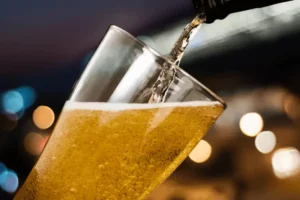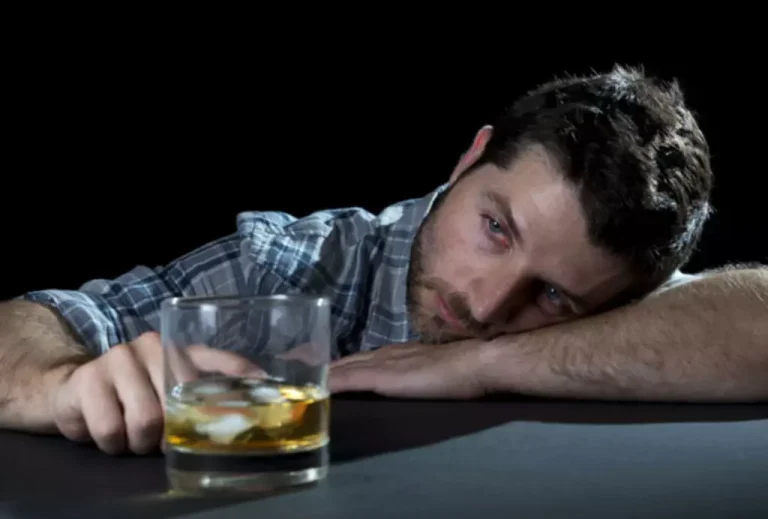
The same could be said for hanging around with people who often get drunk. Using meditation, you can discover the triggers behind your addiction. That way you can be aware of your responses to these triggers. Trained professionals can help you integrate getting sober without aa whatever medication is available into your treatment program. Effective communication, building strong support systems, and embracing self-help approaches such as regular workouts and journaling can also aid in maintaining abstinence.
Avoid Old Habits and Toxic Relationships
- “Some people stop for two weeks, feel better, and go on to the other two weeks—and at the end of that, they say, ‘I didn’t need alcohol in my life—it’s causing more trouble than it’s worth,” Dr. Koob says.
- From my very first meeting, I learned a lot about addiction and how my addictive nature manifests.
- Outpatient programs vary widely but typically provide a designated number of hours of treatment per week at a treatment center or facility.
- People new to recovery can find themselves approaching their new diet, exercise program, job, and even participation in support groups with a compulsion that echoes addiction.
The most common feedback I’ve received comes from people who want to be sober with others but do not want to partake in Alcoholics Anonymous. Staying committed to your goal, even through setbacks, empowers you to overcome challenges and embrace your newfound sober lifestyle. Celebrating https://ecosoberhouse.com/ your progress reminds you of your strength and determination to maintain sobriety. Understanding the risks of drugs/alcohol can be a powerful motivator to stay sober. As I said earlier, I set up my friends with my connections, so I didn’t have to be around drugs as often.

How to Achieve Sobriety Without AA: 8 Powerful Strategies
Some of the immediate changes you will need to make will be obvious—like not hanging around the people that you used with or obtained drugs from. After all, you can’t hang around your drug dealer or old drinking buddies and expect to remain sober for very long. The more tools you have for identifying triggers, coping with stress, and managing your new sober life, the easier you’ll prevent relapse.
How to Stop Drinking without AA: A Complete Guide
- Start by talking to a doctor to make sure it is safe for you to go through withdrawal without medical care, and create a list of people to call just in case.
- People in recovery can experience a lot of shame simply for having become addicted in the first place.
- BoweryYes, dabbling in cannabis even if you’re taking a break from alcohol is a thing (West Coasters dubbed it “California Sober”).
- If you don’t know the person well, simply saying you have to get up early the next morning or you quit for health reasons should be enough.
I stopped attending meetings because a lot of stuff I was instructed to believe became less useful the more “sober” I got. The other day I came across this great article that spells out the very frustration I would feel in meetings. Relapse (using substances again after stopping) can and does happen, with 85% of people experiencing relapse at least once and half of them doing so within the first two weeks of sobriety. Some studies find that this structure, along with a start date for sobriety and milestones, is important to some people in recovery. In terms of sobriety, it is essential to know that even if all you want is to believe in yourself, you are on the right track. You might not believe in yourself today, tomorrow, or next week.

Avoiding Triggers and Temptations
- Sobriety is a lifelong journey filled with challenges and obstacles but also incredible rewards.
- I avoid refined sugar and processed foods because of how crummy my body feels after eating them — why should alcohol be any different?
- Such symptoms are often related to mood and may include irritability, anxiety, depression, sleep problems, and fatigue.
- It’s important to surround yourself with positive influences and seek help when needed.
- Celebrating your progress reminds you of your strength and determination to maintain sobriety.

Step 5: Choose the Appropriate Therapy

